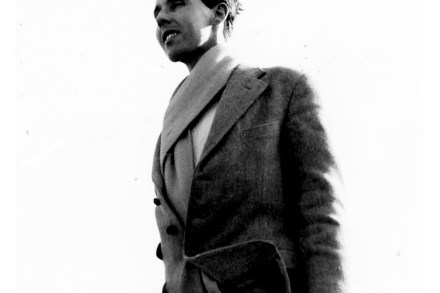The Flamethrowers, by Rachel Kushner – review
This bright, burning flame of a novel takes place in the art world of 1970s New York. Our guide to this scene of glittering parties and eccentric characters — such as the White Lady, who wears white and goes to a grocery store to buy ‘milk, white bread, a can of hominy, and two jars of mayonnaise’ — is Reno, a young aspiring artist. Alone and new to the city, Reno asks herself, ‘How do you find people in New York City?’ She relies on chance: ‘Chance shaped things in a way that words, desires, rationales could not. Chance came blowing in, like a gust of wind.’ She chances her















